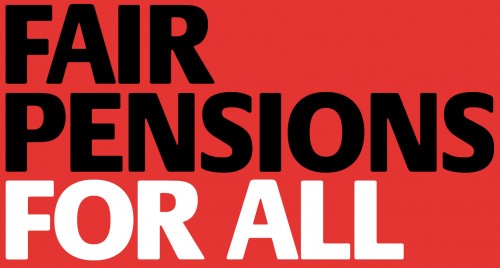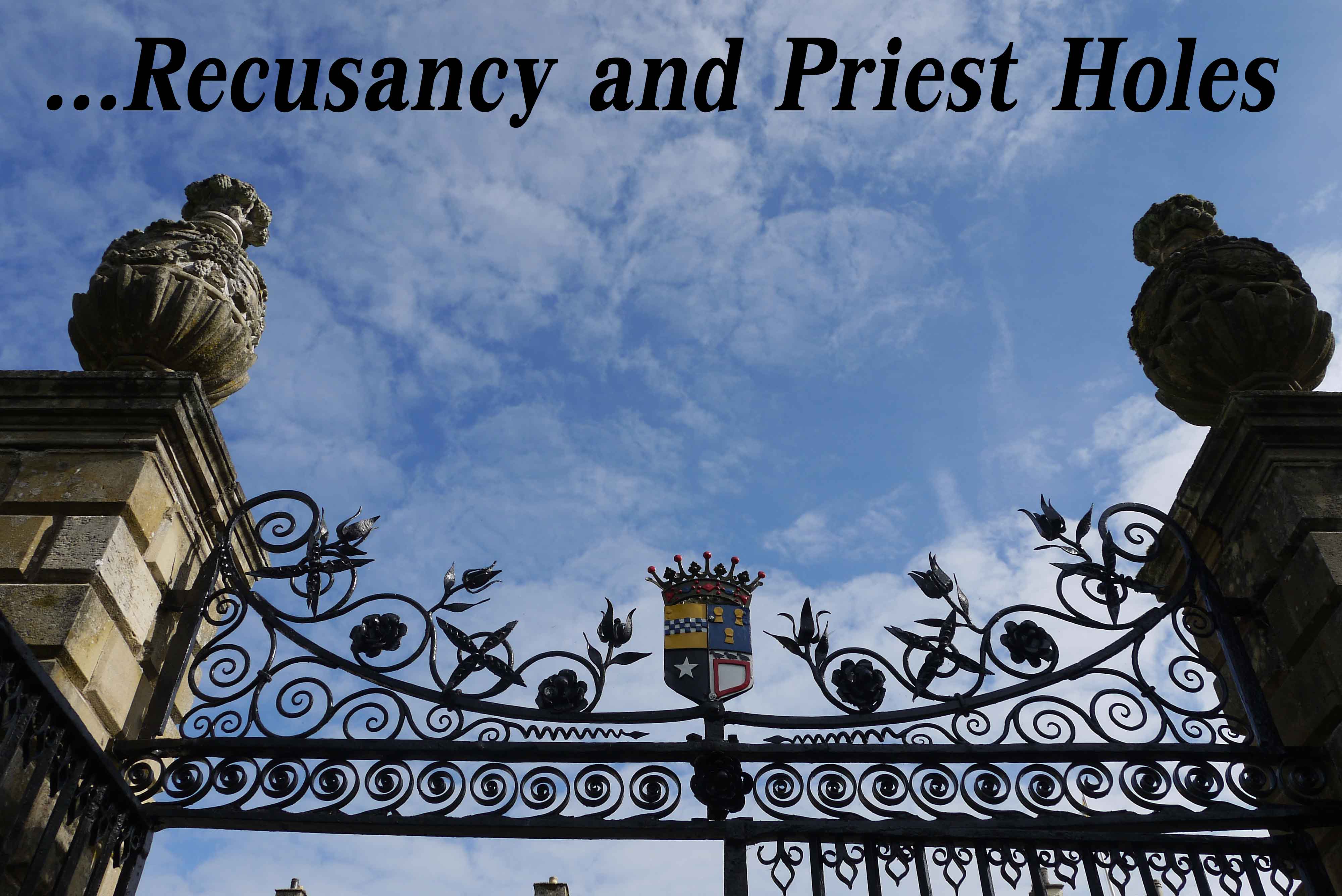A booklet entitled ‘Fair Pensions for All‘ has been produced by PCS, the general union Unite, the National Union of Teachers (NUT), the University and College Union (UCU) and the National Pensioners’ Convention (NPC). It looks at both private and public sector pensions and reveals a different point of view than the one spun by the media and ministers.
Starting from today I will be publishing the contents of the pamphlet in instalments.

Introduction: a crisis of fairness
There is an economic crisis in the UK, but it was not caused by excessive public spending or the ‘gold-plated’ pensions and pay of public sector workers. It was caused by a recession triggered by the banking collapse of 2007. Now there is another crisis: a crisis of fairness in which those who caused the economic mess are forcing everyone else in society to pay for it. It is clear whose side Cameron’s cabinet of millionaires is on.
Trade unions represent people in the public, private and voluntary sectors. Our members will often experience each through their working lives – as will their partners, friends and family. Good occupational pension schemes are important wherever you work.
Most pensioners are reliant on the basic state pension for the majority of income in retirement, but it pays below the government’s own poverty line.
Disgracefully today there are 2.5 million pensioners living in poverty in the UK. Only on in three private sector is now a member of an employer-sponsored pension scheme, public-sector pensions are under threat, and the state pension is now worth just 15% of average male earnings.
On the other hand a quarter of all tax relief on pensions, amounting to more than £10bn annually, goes to the richest 1% in the country. We hear about gold plated public sector pensions, yet the real gilded pensions are to be found in the boardrooms of private companies that have abandoned provision for their workforces.
There is a crisis of pensions in the UK but it’s not that we’re living too long or that pensions are unaffordable; it’s a crisis of fairness. In retirement, as in working life, we are highly unequal. UK pensioner poverty is among the worst in Europe – only Cyprus, Latvia and Estonia abandon their pensioners to a greater degree.
Action is needed to secure decent state pensions as the foundation for pensioner income and decent employer-sponsored pension provision for all workers in all employment sectors.








Things are changing all of the world.
I’m not sure how things work over there but I can sort of explain how our social security. Our government pension for the elderly.
When we work doesn’t matter if it private, non private, or self employed. We all suppose to pay into social security.
If you work private or an non private job I believe they take out 8% of your wages and then the employer matches and this goes into our social security fund.
But if your self employed the you pay in 15.3% to the social security fund.
Here in the United States one can retire at 62 but longer you wait higher it will be. Here is an sample of what my husband might be getting for his retirement off of Social Security.
If he retires at 62 his check will be about $722 a month (466 pound) (544 Euro)
If he waits till he is 66 his check will be about $959 a month (621 pound) (724 Euro)
If he waits until he is 70 his check will be about $1,266 a month (820 pound) (956 Euro)
There people who may have private retirement accounts we call I.R.A (individual retirement account) or 4.O 1 K (retirement account though your job)
But this lot depends on the market how well these do.
Your posting was interesting looking forward reading more about this.
Thanks for your very interesting reply explaining how pension work over there.
You are right, things are changing all over the world at the moment and not in a good way.
nice article!
Thanks Jo.
I think an ‘unconditional basic income’ for everyone is possible without ruining the ’system’. On the contrary.
However, who am I to convince ‘experts’? …
I suspect the so called experts don’t really want to hear what you and I have to say…
I feel the text is a bit disingenuous when it says:
“Most pensioners are reliant on the basic state pension for the majority of income in retirement, but it pays below the government’s own poverty line.”
because that is surely the very reason why government-provided Pension Credit and other means-tested benefits are available to top the state pension up. Without that means tested element we’d be paying more state pension to people who don’t really need any of it in the first place. In 20 years though, I bet any personal pension at all is used to reduce the state pension entitlement by an equivalent amount, so people scraping away to build up a pot to provide just a few thousand extra per year will lose it all through deduction from what the state provides. ie, the ENTIRE state pension will be means-tested. That seems inevitable to me sooner or later, but it’s the likliehood that none of the pension providers want to talk about when they claim “it’s never too late to start”.
I have a gut feeling (which indicates that I am no economist) that most pension commitments are simply unsustainable the way the whole global economy and population is going and that one way or another (probably several ways) huge crashes of private company pension schemes and erosion of state/public pension commitments are inevitable, whoever is in power. The whole of Europe and America has simply been living beyond its means for many years, and yet the leaders are still stuck in the phase of thinking that they can borrow and reschedule debts to get out of problems caused by getting into debt. The only true remedy is to change the behaviour that built up the ridiculous debt, but I doubt that will happen until it is forced by unavoidable events, rather than any choices of politicians so often concerned only with the next election, rather than the future of the nation, or indeed mankind.
I understand the anger, but whether people strike or don’t strike, protest or don’t protest, many are going to be faced with major pension changes and disappointments one way or another, I reckon. We are not going to “grow” our way out of this calamity. The limits to economic growth in a finite world are finally beginning to rub up against the structure of an economic system that requires continual growth to survive. Yes, I am a prophet of doom, or at least gloom. I hope I am very wrong.
By the way, I used to wonder about how every government was in debt, presuming they were debts to other governments, which themselves claimed to be in debt, but then a revealing bit of reading explained to me that much of the debt is actually due to governments borrowing their own population (effectively). The emerging crisis is the governments starting to default on what they owe us, apparently.
I don’t disagree with anything you have said. I am not an economist either but I have read lots of articles and blog posts that explain what is going on with the world economies. There are some excellent blogs on the subject that are written in a way that even I can understand. Your last comment explains in a nutshell what is going on.